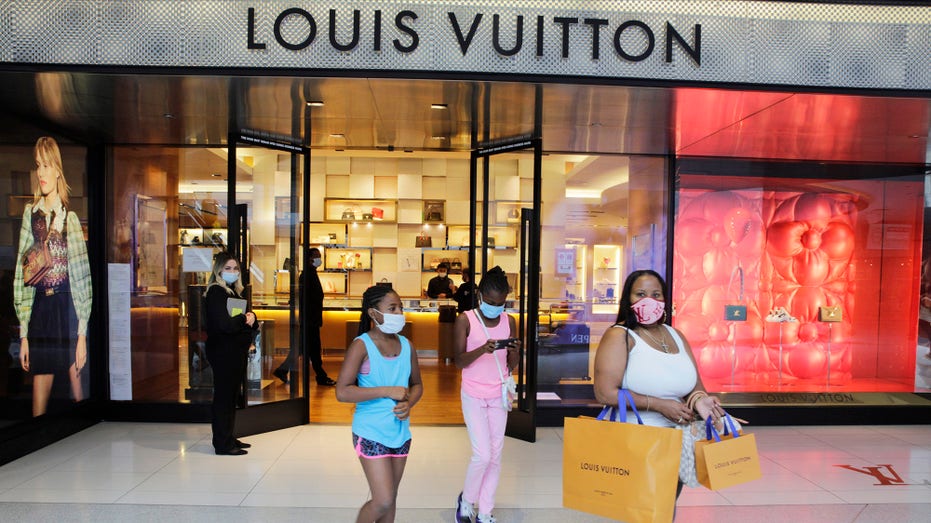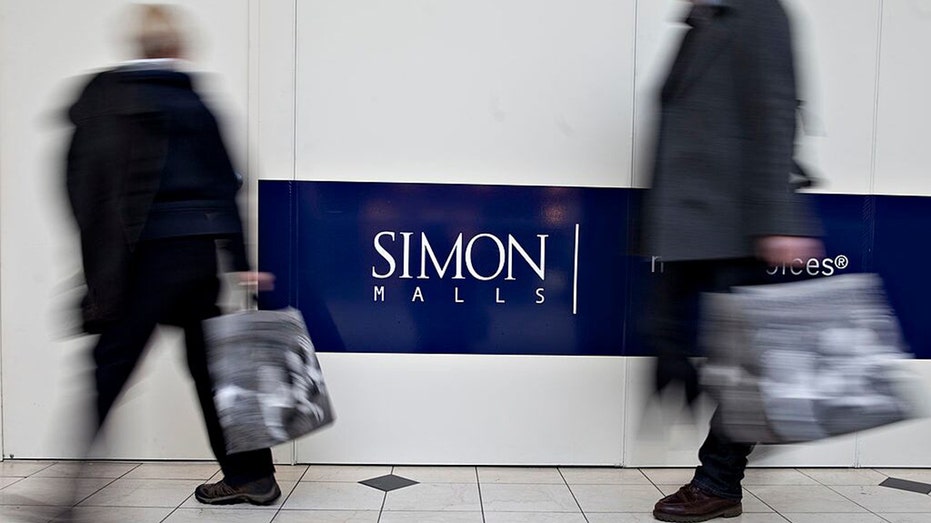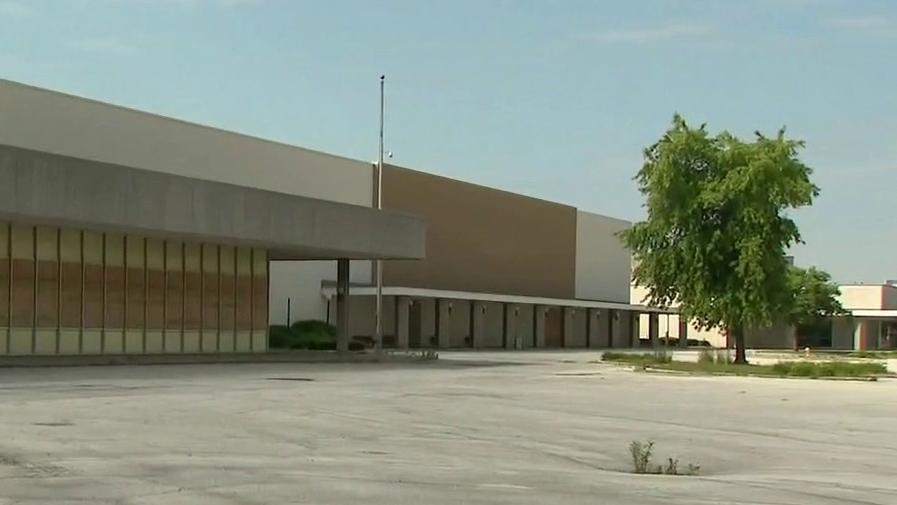Future of malls in question as coronavirus could close thousands of stores
Starbucks plans to move most of its mall locations
An estimated 25,000 shops could close permanently this year in the aftermath of stay-at-home orders that have forced businesses to remain closed for months amid the peak of the coronavirus pandemic, according to a new report published on Tuesday.
Coresight Research, which predicts global consumer, retail and technology trends, estimates that the U.S. retail industry will see between 20,000 and 25,000 store closures in 2020.
The midpoint -- 22,500 -- represents a significant uplift from the previous estimate of up to 15,000 closures, as the retail industry had already been shifting to online sales before the public health crisis.
BUYER'S REMORSE: MALL DEAL IMPLODES AS VIRUS SHAKES RETAIL
Approximately 50-60 percent of those closures will be mall-based, as the pandemic prompts "an overdue rationalization of mall space," according to the research firm.

Sharnae Mooreer, right, with daughters, Kimora, 9, left, and Kayla 8, shop at the Louis Vuitton boutique at the opening of Beverly Center shopping mall in Los Angeles, May 29, 2020. (AP Photo/Damian Dovarganes)
Starbucks plans to move most of its mall locations to buildings suitable to offer drive-thru service, as more Americans are inclined to choose takeout options in a post-pandemic landscape. The decision announced in May was already in the works before the pandemic, as fewer shoppers were visiting malls, instead opting for e-commerce.
AT LEAST 4 MEMBERS OF CONGRESS BENEFITED PERSONALLY FROM PPP LOANS
"Our digital leadership and ability to transform lower-performing locations and formats to successful new store formats (i.e., relocate Starbucks stores from low-traffic malls to new, thriving Starbucks locations that combine the third place with drive-thrus) are unique strengths we will lean into in the coming months," CEO Kevin Johnson said in a statement, referring to the chain's "third place" strategy of giving consumers a place outside of work and home.
"The plans we had for this broader store transformation over a three- to five-year period will now occur over the next 12 to 18 months," Johnson said, according to Restaurant Business.
Though 80 percent of Starbucks stores nationwide already had a drive-thru option, the Seattle based coffee chain was known as a place where business people and students alike would sit for hours sipping coffee while accessing WiFi.
As coronavirus restrictions still limit indoor dining in most states, the company also plans to open more mobile pick-up stores. Though some drive-thru locations remained open during the pandemic, the company expects 90 percent of its stores to reopen in June, mostly offering curbside pickup or delivery.

(Getty Images)
Earlier this month, the nation's biggest mall owner announced it was backing out of a $3.6 billion deal to buy a major rival as the coronavirus pandemic shakes the retail industry.
US RETAIL SALES SOAR 17.7%, BIGGEST MONTHLY INCREASE EVER
Simon Property Group said it would buy Taubman in early February, just weeks before the Centers for Disease Control and Prevention announced that a California man was being treated for coronavirus, the first known case in the U.S.
In March, clothing stores and malls were ordered to close. The plunge in sales for retailers since then has been unprecedented, particularly for those with a heavy presence in malls. J.C. Penney, Neiman Marcus and J.Crew have all filed for bankruptcy protection this year.
By June 10, Simon said that Taubman has been "disproportionately" affected by the COVID-19 pandemic because many of its properties are indoors, have high-end stores and are in or near big cities.
CLICK HERE TO READ MORE ON FOX BUSINESS
The coronavirus has delivered a devastating blow to stores with a big mall footprint. In malls that have reopened, drinking fountains are disabled or taped off, play areas for kids are closed, and sitting in a food court is done at a distance from other humans.
Retail consultant Jan Rogers Kniffen believes that half of the 1,000 malls in the U.S. will either close or be unrecognizable in two years. Before the pandemic, he expected only 300 to close, and that decline would take place over a decade.
The Associated Press contributed to this report.




















